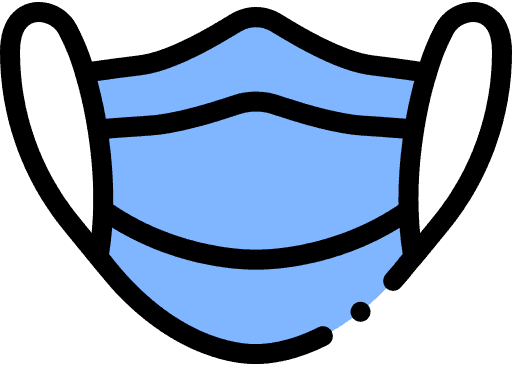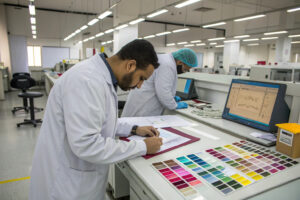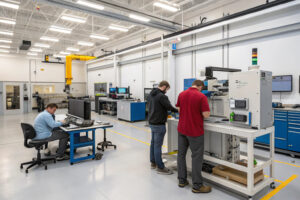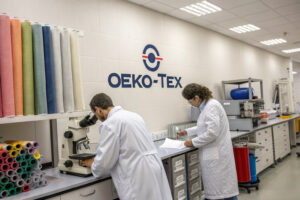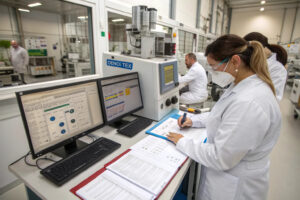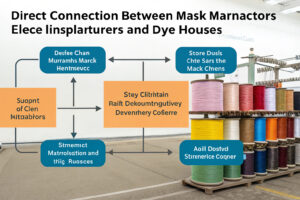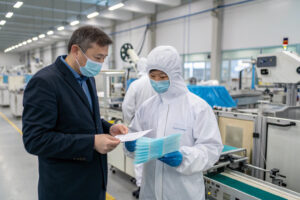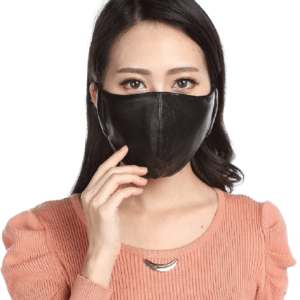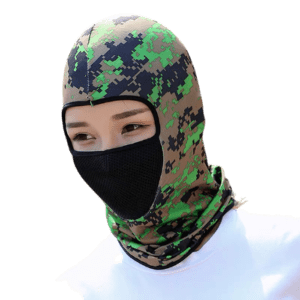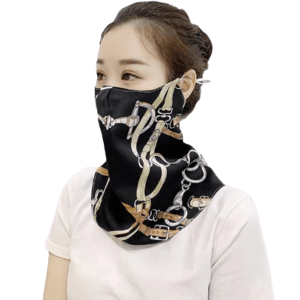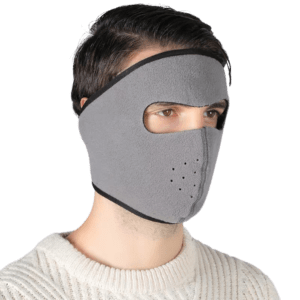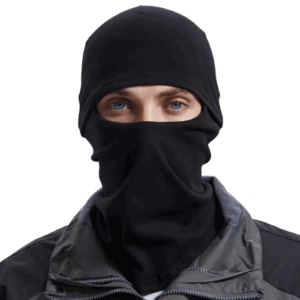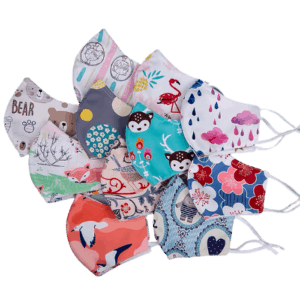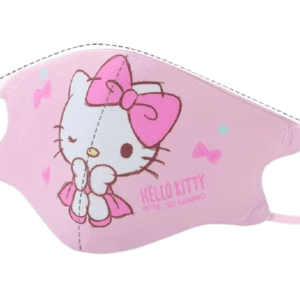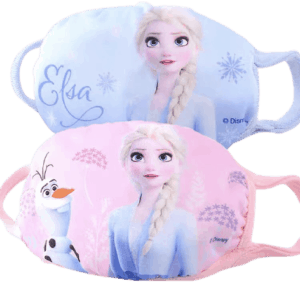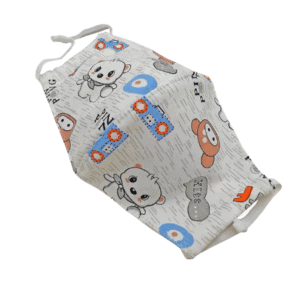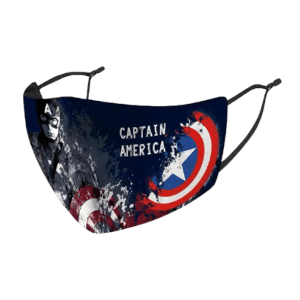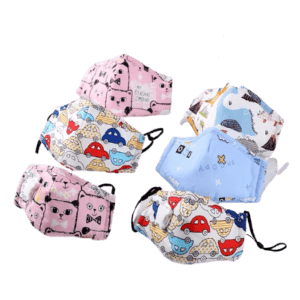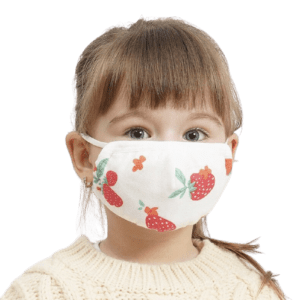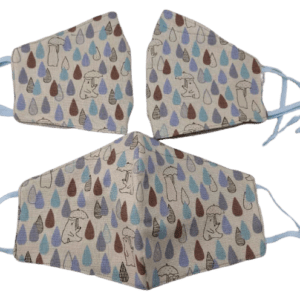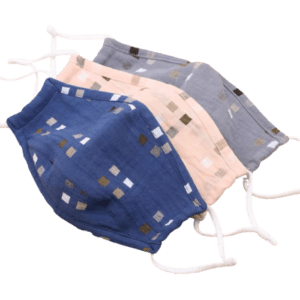The integration of vitamin-infused layers in fabric masks represents an emerging trend in skincare-infused personal protective equipment. These masks claim to deliver skincare benefits during wear, particularly appealing to consumers concerned about maskne (mask-related acne) and skin irritation from prolonged mask use. However, sourcing these specialized products requires careful evaluation of both efficacy claims and manufacturing capabilities.
To source masks with vitamin-infused skin-contact layers, identify specialized textile manufacturers using microencapsulation technology, verify bioactive compound stability through third-party testing, ensure skin safety certification, and confirm sustainable release mechanisms that maintain efficacy through multiple washes. The most credible suppliers combine textile expertise with cosmetic science to create products that deliver genuine skincare benefits rather than marketing claims.
Vitamin-infused masks typically use microencapsulation, fiber coating, or fabric treatments to incorporate vitamins like Vitamin E, Vitamin C, Niacinamide, or Hyaluronic Acid into the textile structure. The challenge lies in maintaining vitamin stability during manufacturing, storage, and use while ensuring consistent release during wear. Let's examine the specific sourcing considerations for these advanced textile products.
What Manufacturing Technologies Enable Vitamin Infusion?
Understanding the technical processes behind vitamin infusion helps identify capable manufacturers and evaluate claim credibility.

How does microencapsulation work in masks?
Microencapsulation technology embeds tiny vitamin capsules (typically 1-10 microns) into fibers or fabric coatings that gradually release during wear through friction, moisture, or body heat. This controlled release mechanism extends vitamin efficacy beyond initial wear. Reputable manufacturers use food-grade or pharmaceutical-grade encapsulation that protects vitamins from degradation during washing. Our partnered manufacturers achieve consistent release through 15-20 washes using advanced encapsulation methods.
What about fiber coating and treatment methods?
Direct fiber coating applies vitamin-rich formulations during yarn production or fabric finishing. While potentially more cost-effective, this approach typically offers shorter-lasting benefits (5-10 washes) unless combined with binding agents that maintain adhesion. The most advanced methods use covalent bonding that chemically attaches vitamin compounds to fiber surfaces, creating more durable treatments. Our quality standards require minimum 10-wash efficacy for any vitamin-infused claims.
What Verification Standards Ensure Efficacy and Safety?
With skincare claims entering the PPE space, rigorous verification becomes essential to avoid regulatory issues and consumer disappointment.

What testing verifies vitamin release claims?
In vitro release testing using simulated skin conditions measures actual vitamin transfer from fabric to skin. Reputable manufacturers provide third-party laboratory reports showing quantifiable vitamin release rates under controlled conditions. Additionally, wash durability testing demonstrates how many launderings the treatment withstands while maintaining efficacy. Our sourcing protocol requires independent verification of both initial efficacy and durability through minimum 10 wash cycles.
How is skin safety confirmed?
Dermatological testing following cosmetic industry standards (HRIPT - Human Repeat Insult Patch Test) ensures the vitamin treatments don't cause irritation or allergic reactions. For masks making skincare claims, this testing is essential rather than optional. Our manufacturers provide comprehensive safety dossiers including ingredient safety assessments, compatibility testing, and clinical wear trials for sensitive skin populations.
What Vitamin Types Are Most Effective in Mask Applications?
Not all vitamins translate effectively to textile applications, with stability, skin penetration, and benefit duration varying significantly.

Which vitamins offer the most proven benefits?
Vitamin E (Tocopherol) demonstrates excellent stability in textiles and provides antioxidant benefits that help protect skin from environmental stressors. Niacinamide (Vitamin B3) shows good stability and addresses multiple skin concerns including inflammation and barrier function. These vitamins have the most substantial clinical evidence supporting their efficacy in textile applications. Our most successful formulations use Vitamin E for general skin protection and Niacinamide for addressing maskne concerns specifically.
What about popular but challenging vitamins?
Vitamin C (Ascorbic Acid) faces significant stability challenges in textiles, often oxidizing quickly when exposed to air, moisture, or washing. Successful Vitamin C implementations require advanced stabilization systems that significantly increase costs. Hyaluronic Acid provides excellent hydration but requires specific moisture conditions to be effective. We recommend these compounds only from manufacturers demonstrating proven stabilization technology through independent testing.
What Supplier Qualifications Indicate Credibility?
Identifying truly capable manufacturers requires looking beyond basic claims to specific expertise and infrastructure.

What technical capabilities matter most?
Pharmaceutical or cosmetic manufacturing experience often indicates better understanding of bioactive compound handling than traditional textile manufacturers. Look for suppliers with clean room facilities, quality control systems for ingredient purity, and stability testing protocols. Our qualified partners typically have existing experience in medicated textiles or cosmeceutical products rather than transitioning from basic apparel manufacturing.
What certifications should suppliers hold?
GMP (Good Manufacturing Practice) certification for cosmetics or pharmaceuticals indicates appropriate quality systems for handling bioactive ingredients. Additionally, OEKO-TEX® Class I certification confirms fabric safety for direct skin contact. Our manufacturing partners maintain both certifications, ensuring vitamin treatments are applied under controlled conditions to safe base fabrics.
What Are the Realistic Cost Implications?
Vitamin-infused masks command premium pricing, but understanding cost drivers helps evaluate value proposition.

How much do vitamin treatments increase costs?
Microencapsulation treatments typically add $0.35-$0.85 per mask to manufacturing costs, depending on vitamin type, concentration, and technology used. Additional testing and certification requirements add another $0.15-$0.25 per mask. This results in total cost increases of 40-80% compared to equivalent non-treated masks. Our most popular Vitamin E formulation adds $0.45 per mask while delivering measurable antioxidant benefits.
What minimum order quantities apply?
Higher MOQs typically apply to vitamin-infused masks due to specialized production requirements. Most manufacturers require 5,000-10,000 pieces per design for standard vitamin treatments, increasing to 15,000-25,000 for custom formulations. Our development program offers lower MOQs (2,000-3,000) for standardized vitamin treatments while maintaining the 10,000-piece minimum for custom developments.
How Should Marketing Claims Be Structured?
Proper claim substantiation prevents regulatory issues while effectively communicating product benefits.
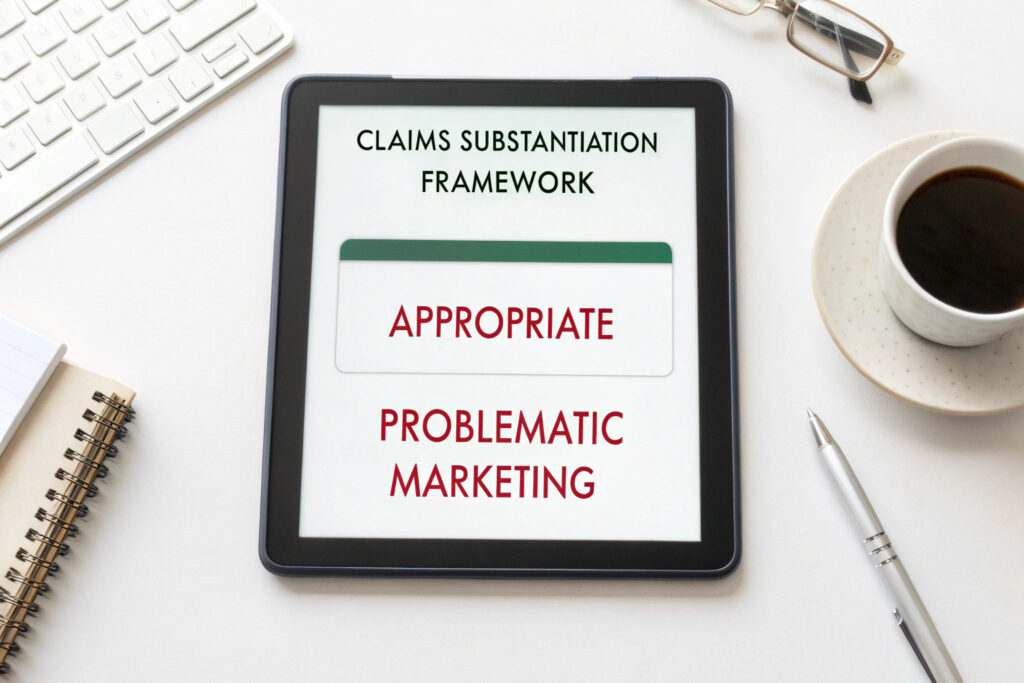
What claims are both accurate and compliant?
Benefit-focused language describing what the mask does rather than making medical claims typically maintains compliance. For example: "Helps protect skin from oxidative stress" rather than "Prevents skin aging." Performance duration statements should match testing results: "Maintains efficacy through 15 washes" rather than "Lasts forever." Our marketing guidelines help clients navigate claim regulations while effectively communicating product advantages.
How should clinical evidence be presented?
Transparent test result summaries build credibility more effectively than vague "clinically proven" statements. Sharing specific testing methodologies, duration, and measurable outcomes helps educated consumers understand the product's value. Our provided marketing materials include test summaries that customers can request for verification.
Conclusion
Sourcing masks with vitamin-infused skin-contact layers requires identifying manufacturers with specific expertise in bioactive textiles, rigorous verification of efficacy and safety claims, understanding of cost structures, and careful management of marketing communications. The most successful implementations balance genuine skincare benefits with practical manufacturing considerations and regulatory compliance.
While vitamin-infused masks command premium pricing, they address real consumer concerns about skin health during prolonged mask wear. Products with properly substantiated benefits and transparent testing can justify this premium while building brand reputation for innovation and quality.
Ready to explore vitamin-infused mask sourcing with verified efficacy and safety? Contact our Business Director, Elaine, at elaine@fumaoclothing.com to discuss our qualified manufacturing partners and testing protocols. We'll help you navigate this specialized category to develop products that deliver genuine skincare benefits while maintaining regulatory compliance.
